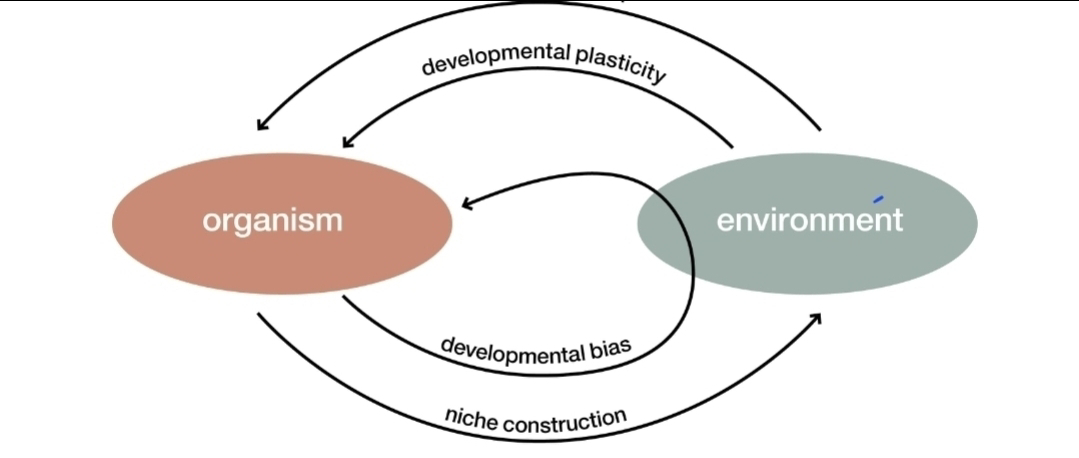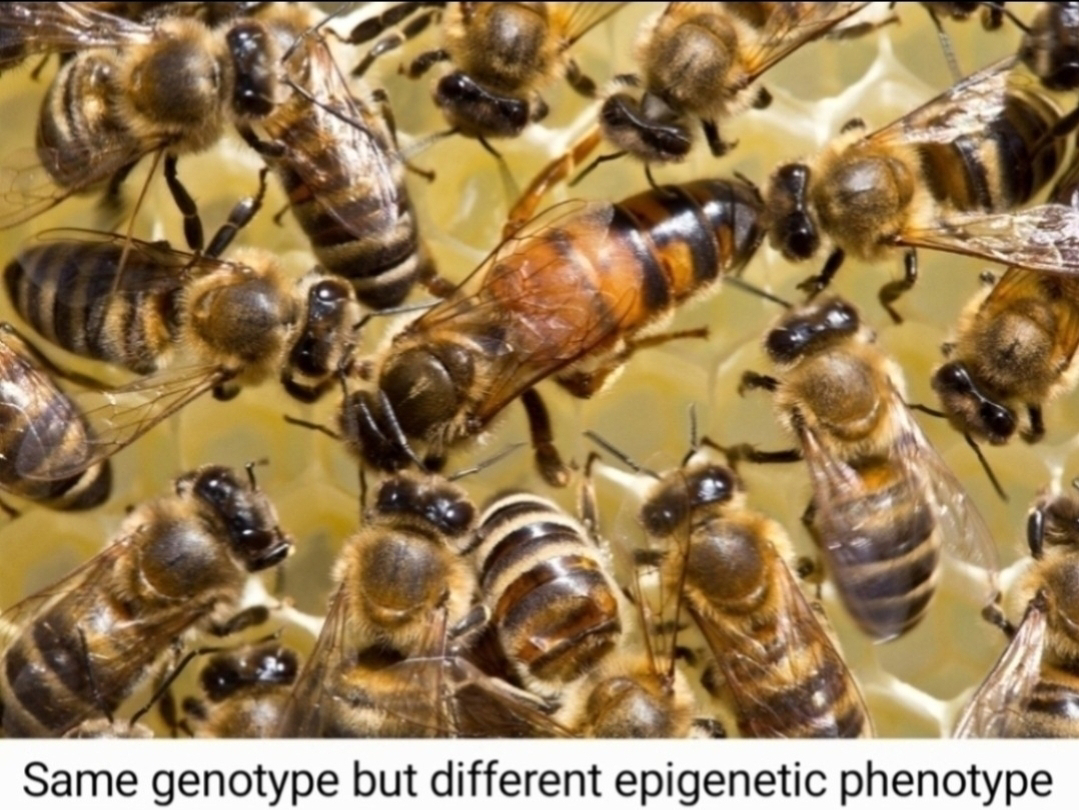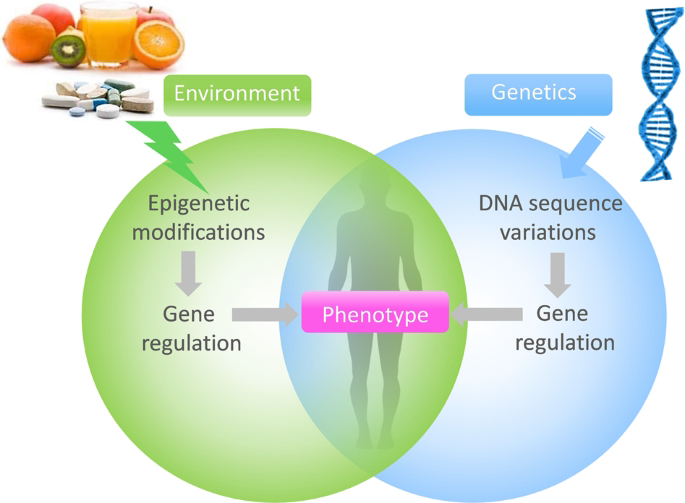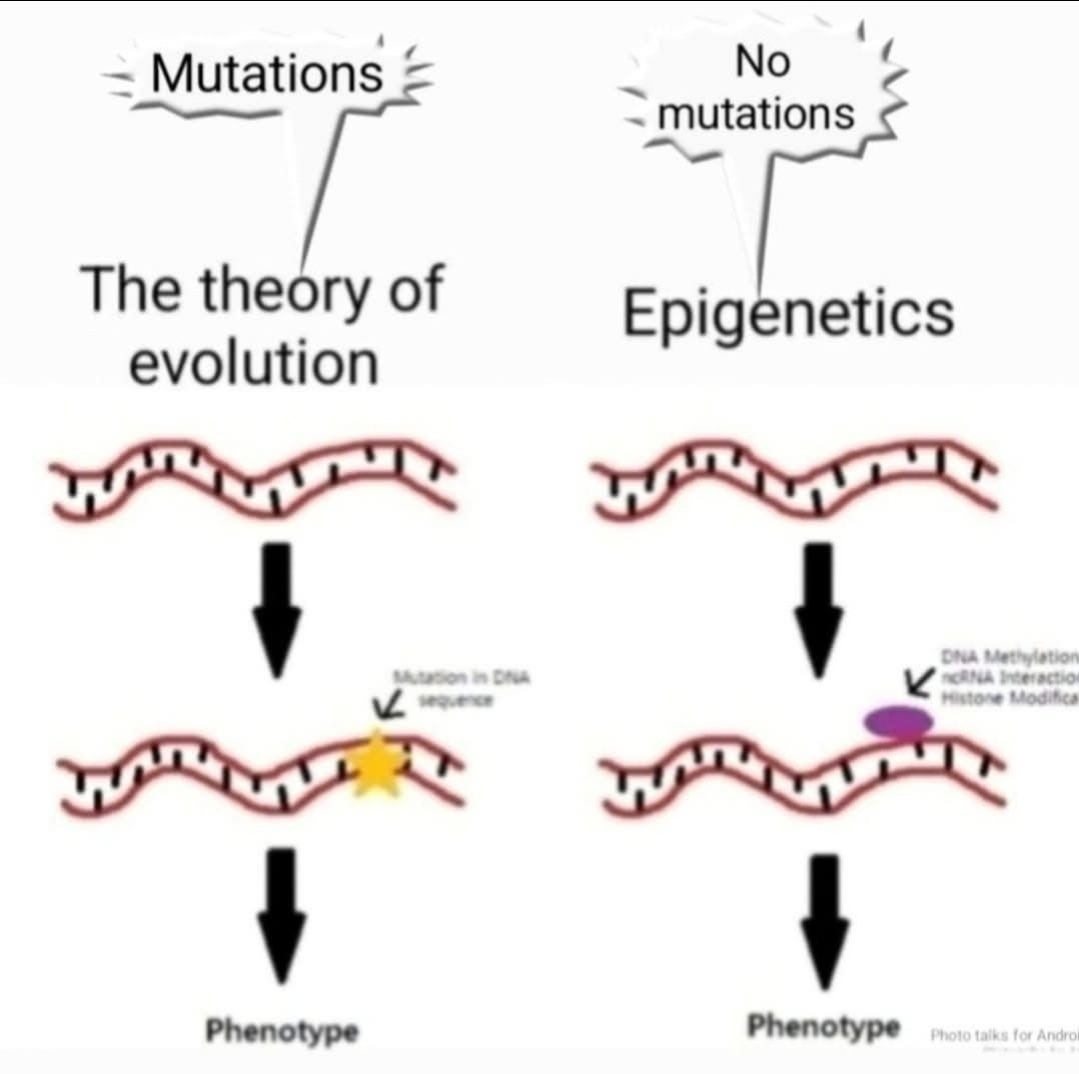Bridging Genomes and Phenotypes: Evo-Devo, Epigenetics, and the Reshaping of Evolutionary Theory
The Modern Synthesis, or Neo-Darwinism, forged in the mid-20th century, provided a framework for understanding evolution by integrating Darwin's theory of natural selection with Mendelian genetics and population genetics. Its core tenets emphasized the primacy of genes as the units of inheritance, random genetic mutation as the sole source of novel variation, and natural selection acting on populations as the primary engine of evolutionary change.
For decades, this gene-centric view dominated evolutionary biology. However, emerging fields, particularly Evolutionary Developmental Biology (Evo-Devo), have brought forth phenomena that challenge the sufficiency of the Neo-Darwinian framework, necessitating a broader perspective often termed the Extended Evolutionary Synthesis (EES).Evo-Devo's focus on the interplay between development and evolution, significantly bolstered by insights into epigenetic mechanisms, offers crucial contributions to evolutionary theory.Evo-Devo: Recasting Development's Role in Evolution
Evo-Devo shifted the focus from solely tracking gene frequencies in populations to understanding how changes in developmental processes generate morphological variation.
It revealed that vast organismal diversity arises not from the evolution of entirely new genes, but from changes in the regulation of a conserved "toolkit" of genes controlling fundamental developmental processes (e.g., Hox genes specifying body axes).By altering the timing (heterochrony), location (heterotopy), or level of expression of these toolkit genes, significant phenotypic evolution can occur.
Furthermore, Evo-Devo highlighted the concept of developmental plasticity – the capacity of a single genotype to produce different phenotypes in response to varying environmental cues during development.
This inherent responsiveness of the developmental system suggests that the organism is not merely a passive vessel for its genes, but an active participant in generating variation, sometimes in potentially adaptive directions, challenging the Neo-Darwinian emphasis on variation being purely random with respect to fitness.
Epigenetics: A Molecular Mechanism for Developmental Plasticity and Beyond
While Evo-Devo illuminated the importance of developmental regulation and plasticity, the field of epigenetics provides crucial molecular mechanisms explaining how these processes operate and, significantly, how environmental influences can be molecularly embedded and potentially inherited.
Epigenetics refers to modifications to DNA or its associated proteins (like histones) that alter gene expression without changing the underlying DNA sequence itself. Key mechanisms include DNA methylation and histone modifications (acetylation, methylation, etc.). These epigenetic marks act like switches or dimmers, controlling which genes are turned on or off, when, and in which tissues.
Crucially, epigenetic marks can be established or altered by environmental factors encountered during development, such as diet, stress, temperature, or toxin exposure.
This provides a concrete molecular pathway linking the external environment to the internal regulation of the genome, underpinning developmental plasticity. For example, nutritional cues during gestation can induce specific methylation patterns that influence metabolic programming later in life. This directly connects the environmental sensitivity highlighted by Evo-Devo to tangible molecular events influencing the phenotype.
Challenging Neo-Darwinism: Variation and Inheritance
The integration of epigenetics into the Evo-Devo framework poses significant challenges to core Neo-Darwinian assumptions:
The Nature of Variation: Neo-Darwinism posits that variation arises primarily from random genetic mutations (base pair changes, duplications, etc.). Epigenetics, influenced by environmental inputs during development, introduces a source of phenotypic variation that is not random but rather environmentally induced and potentially adaptive or directional.
It demonstrates how the environment can directly shape heritable traits via gene expression changes, rather than solely acting as a selective filter after random variation has occurred.
The Scope of Inheritance: The central dogma of molecular biology and the Weismann barrier (the conceptual separation of germline and soma) led Neo-Darwinism to assume that inheritance is almost exclusively mediated by DNA sequence transmission through the germline.
However, evidence is mounting for transgenerational epigenetic inheritance – the transmission of epigenetic marks across generations, through both sperm and egg.
While the extent and stability of such inheritance are still debated, particularly in mammals, documented cases in plants, nematodes, and even some evidence in rodents suggest that environmentally induced epigenetic states can sometimes persist for multiple generations. This opens the door to a form of "soft" or Lamarckian-like inheritance (inheritance of acquired characteristics mediated epigenetically), which Neo-Darwinism explicitly rejected.
Evo-Devo and Epigenetics: Pillars of the Extended Evolutionary Synthesis
The EES seeks to integrate phenomena like developmental bias, plasticity, niche construction, and extra-genetic inheritance alongside the established tenets of the Modern Synthesis. Evo-Devo, particularly when incorporating epigenetic mechanisms, provides powerful support for this expanded view. It demonstrates that:
Development is a direct cause: Developmental processes, influenced by both genes and environment (via epigenetics), are not just outcomes of evolution but active causes, biasing the types of variation produced (developmental bias) and facilitating adaptation through plasticity.
Inheritance is broader: Inheritance systems include not only genes but also epigenetic modifications, potentially behaviours, and ecological legacies (niche construction), all contributing to parent-offspring resemblance and evolutionary dynamics.
The organism is agentic: Through developmental plasticity mediated by epigenetic responses, organisms can actively respond to their environment in ways that influence their phenotype and potentially that of their offspring.
Conclusion
Evo-Devo's exploration of developmental processes has fundamentally enriched our understanding of how phenotypic novelty arises and how organisms interact with their environment. The incorporation of epigenetic mechanisms provides the molecular underpinning for much of this, explaining how environmental cues modulate gene expression during development and how these modifications might even be passed across generations. By highlighting environmentally induced variation and non-genetic modes of inheritance, the synergy between Evo-Devo and epigenetics directly challenges the gene-centric exclusivity of Neo-Darwinism. These insights are central to the ongoing development of the Extended Evolutionary Synthesis, fostering a more comprehensive and integrated view of the evolutionary process where development, genetics, and the environment dynamically interact to shape the history of life.











Comments
Post a Comment